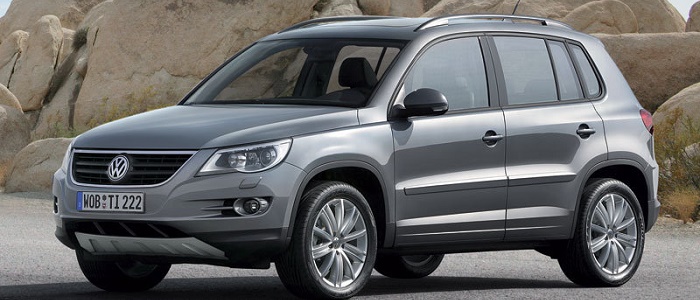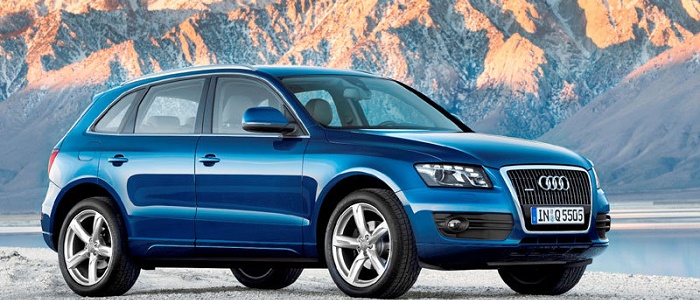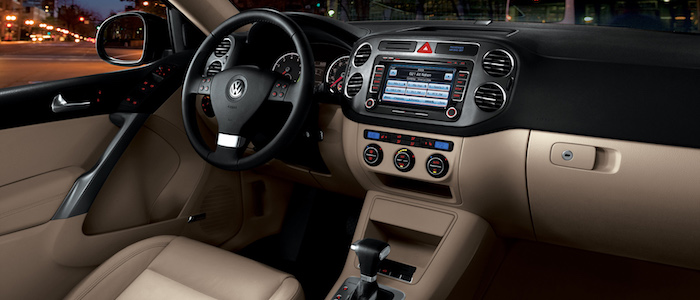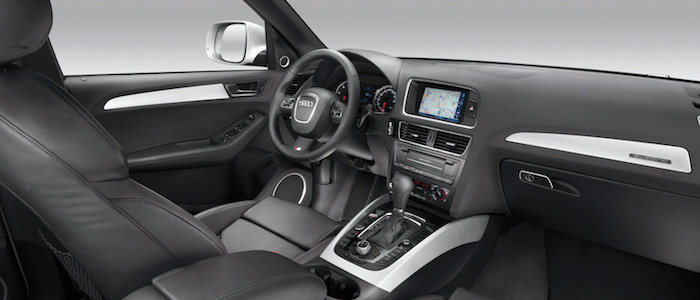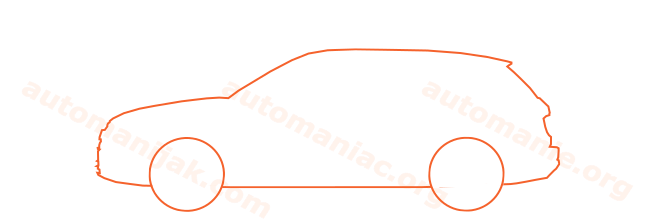Compare two cars
Compare any two cars and get our Virtual Adviser™ opinion
Dimensons & Outlines
Check vehicle history
Engine
Performance (manual gearbox)
Performance (automatic gearbox)
Expenses
Virtual Adviser's™ opinion
Well, these are two pretty similar cars we have here! It's only details that could potentially make the difference. Considering they both belong to the suv segment and utilize the same 5-door suv body style and the 4 x 4 wheel drive system, it all comes up to the specific diesel engine choice they offer. Both the engines are Volkswagen-engineered . The first one has a 4-cylinder, 8-valves 140hp unit, while the other one gets its power and torque from a 4-cylinder, 16-valves 143hp one.
SafetyThe first thing to look into here would be the results from European New Car Assessment Programme (Euro NCAP) tests performed on the two cars. Good thing is that both vehicles got tested, with the same number of safety stars gained in the process. That aside, let's consider some other aspects which affect safety. Both vehicles belong to the suv segment, which is generally a very good thing safety-wise, but that fact doesn't break the tie between the two cars. On the other hand, when it comes to weight, a factor that most people underestimate, Audi Q5 offers a considerable difference of 21% more metal.
ReliabilityI don't like generalizing things when it comes to reliability, although it does seem that Volkswagen does have a slight advantage, all the models observed together. These are the results of an independent reasearch, while our visitors describe reliability of Volkswagen, as well as Audi, with the same average rating of 4.2 out of 5. Some independent research have also placed Tiguan as average reliability-wise, and Q5 is more or less at the same level.Above it all, drivers of cars with the same engine as Tiguan rank it on average as 4.4, while the one under the competitor's bonnet gets 4.3 out of 5.
Performance & Fuel economyVolkswagen is undoubtly more agile, reaching 100km/h in 1.2 seconds less than its competitor. Still, it lacks the power to win the top speed competition, topping at 190 kilometers per hour, exactly the same as the other car does. When it comes to fuel economy the winner has to be Tiguan, averaging around 5.3 liters of fuel per 100 kilometers (53 mpg), in combined cycle. We can't ignore that 17% difference compared to Audi Q5.
Verdict
Audi appears just a bit more reliable, although the difference is truly marginal. The most important thing when deciding between any two vehicles should always be safety, both passive and active. In my opinion, everything taken into account, Audi Q5 offers significantly better overall protection, taking the lead here. From there things take a different direction, with Volkswagen being considerably quicker, thus putting more smile on driver's face. To make things even better, it consumps less fuel! It's not difficult to say then that if I'd need to make a choice, it would definitely be the Volkswagen. Anyway, that's the most objective conclusion I could've came up with and it's based solely on the information found on this website. Aspects such as design, practicality, brand value and driving experience are there for you to measure them out. Also, you could use the oportunity to find out which car, everything taken into account, would be the perfect choice for you in the eyes of the virtual adviser™, among thousands of similar, yet so different vehicles.























